Zolt Kovac
[email protected]
Empty Time
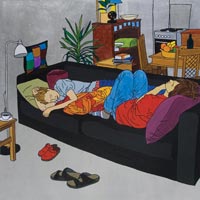
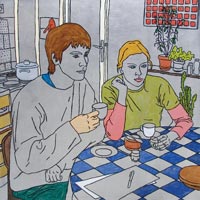
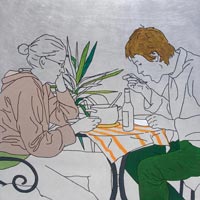
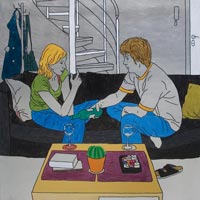
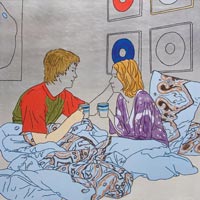
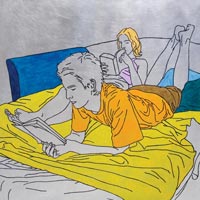
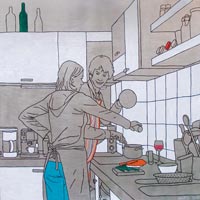
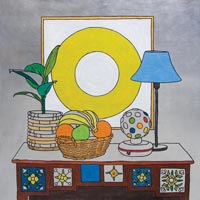

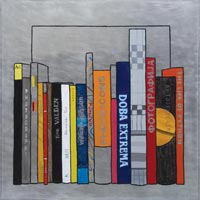
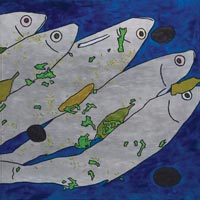
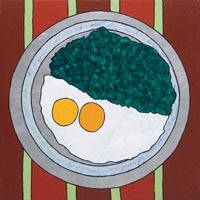
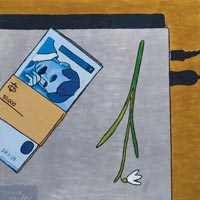
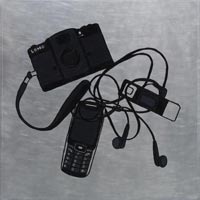
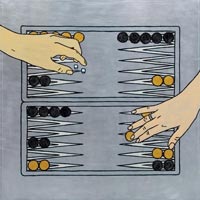
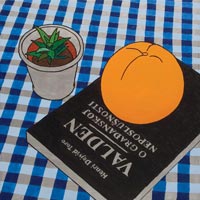

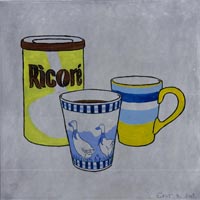
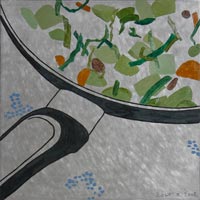
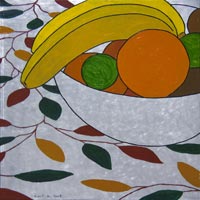
Zolt Kovac |
| back |
Empty Time |
    |
    |
    |
    |
    |
Zolt Kovac Virtually we don not have any empty time, chasing from one activity to another, as we are not able to establish a relationship with empty time. Paradoxically, Where is the Life we have lost in living?
Belgrade is becoming a metropolis, with all the good and bad things that go with it. Changes are comprehensive. There are more and more cars and citizens. It is getting harder to move around the City, without any possibility to widen the streets. The number of working hours is increasing. The communication, seemingly eased with modern facilities, becomes more and more shallow. We are constantly rushing for something no one can define. We are living in times of hurry. This is the time of instant coffee, instant satisfaction and instant closeness, and Belgrade is beginning to fit into this image. In this consuming rush the criteria are being degraded, the idea why we at all started this rush has disappeared. The rush has become a fact no longer challenged critically. What are we chasing for? Is it money? Fame? Happiness? Fulfillment of newly created needs for which we do not have a memory when they sprang into being within us. Self-realization and productivity become the one and only religion. Once we fall into this maelstrom of every day activities and obligations running on endlessly, a powerful state of creative overwhelming, the stability of increased presence in which we can spend many hours, not thinking that there exists anything else outside that micro-activity, rarely occurs. Conversely, time can pass quickly, but there is always the impression it is vanishing, and more and more often we are trying to overcome it through manic activities. This time is not fulfilling and it does not leave much energy for quality time, when we are conscious of our lives. Strange enough, we feel present and alive only in those moments when there is no rush, at those empty times which we spend in idleness and performance of every day chores. We start to crave for boredom and slow pass of time. Looking from the angle of this manic life, the only time we feel present is when we lose time. There is a hope that the positive idleness of empty time will last long enough to result in a true need and necessity to do something with our own lives. |